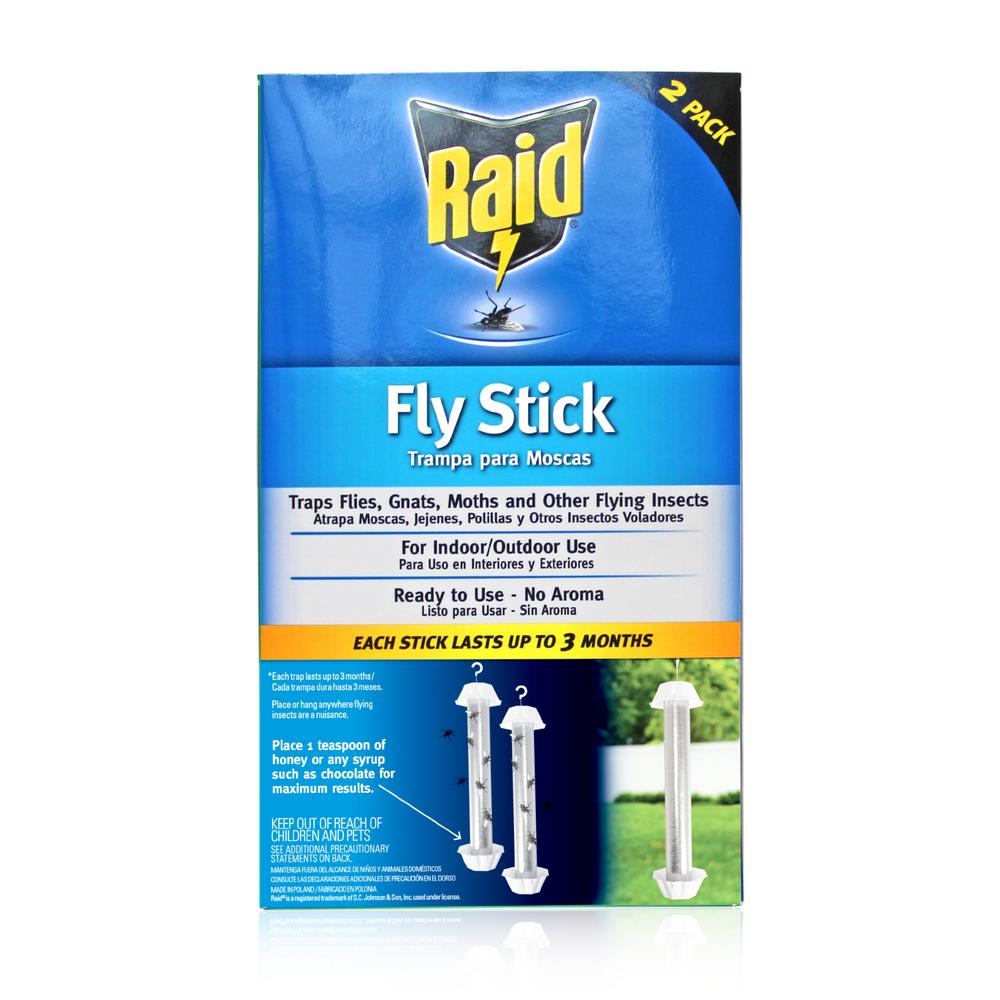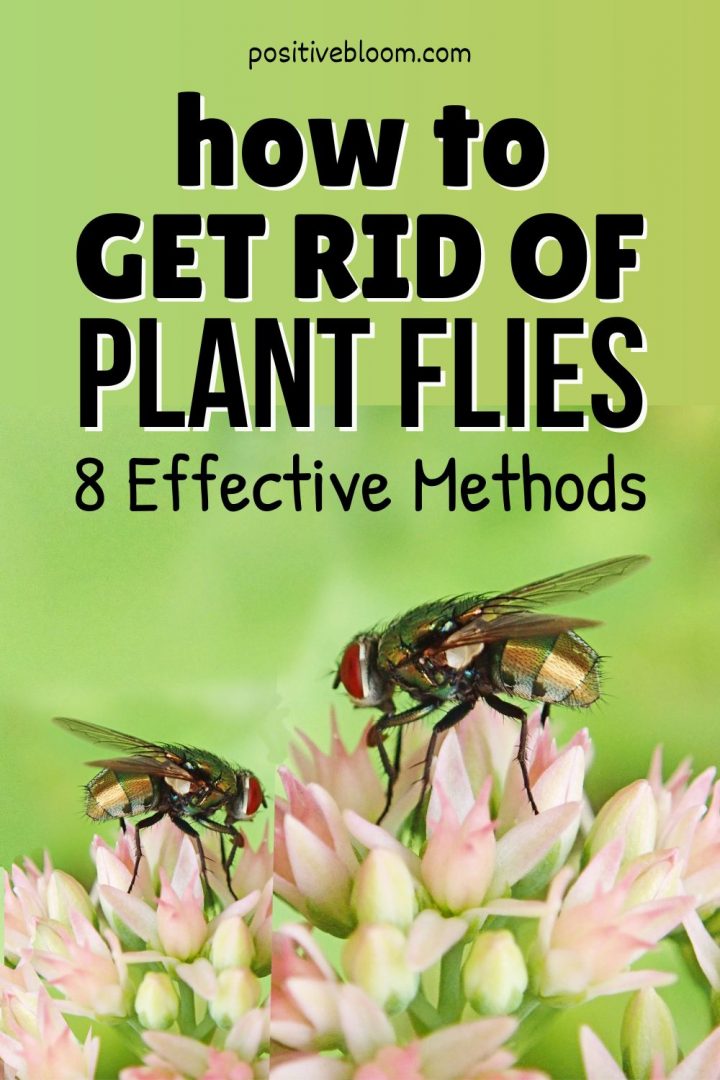What Attracts Plant Flies and How to Identify the Problem
Plant flies are attracted to indoor plants for a few common reasons. Overwatering is a major culprit, as it creates an ideal environment for plant flies to thrive. Poor air circulation and decaying organic matter can also contribute to the problem. When plant flies infest a plant, they can cause yellowing leaves, sticky substances on leaves, and a general decline in plant health. Identifying the signs and symptoms of a plant fly infestation is crucial to taking prompt action and getting rid of plant flies. By recognizing the common attractants and symptoms, you can take the first step towards eliminating the problem and restoring your plants to optimal health. Some common signs of a plant fly infestation include tiny flying insects, yellowing leaves, and sticky substances on leaves. If you notice any of these signs, it’s essential to take action quickly to prevent further damage and get rid of plant flies.
How to Get Rid of Plant Flies Naturally
When it comes to getting rid of plant flies, natural methods are often the most effective and safest way to eliminate these pests. One of the most popular natural methods is the use of neem oil, which can be mixed with water and sprayed directly on plants to kill plant flies. Insecticidal soap is another natural insecticide that can be used to get rid of plant flies. This soap works by breaking down the insect’s exoskeleton, causing them to dehydrate and die. Sticky traps are also a great way to capture and eliminate plant flies. These traps can be placed near infested plants and coated with a sticky substance that traps the flies. For a homemade solution, try creating a trap using apple cider vinegar and dish soap. Mix equal parts apple cider vinegar and water in a jar, then add a few drops of dish soap. The plant flies will be attracted to the smell of the vinegar and get trapped in the soap. This is a simple and effective way to get rid of plant flies without using harsh chemicals. By using these natural methods, you can get rid of plant flies and keep your indoor garden healthy and thriving.
The Role of Good Housekeeping in Preventing Plant Fly Infestations
Maintaining good housekeeping practices is crucial in preventing plant fly infestations. By keeping your indoor garden clean and well-maintained, you can reduce the likelihood of attracting plant flies. One of the most important practices is to regularly clean pots and planters. This will help remove any decaying organic matter that may be attracting plant flies. Additionally, disposing of dead plants is essential in preventing the spread of plant flies. Dead plants can harbor plant fly eggs and larvae, which can then infest other healthy plants. Another key practice is to avoid overwatering, which can create an ideal environment for plant flies to thrive. By being mindful of these simple practices, you can significantly reduce the risk of plant fly infestations and get rid of plant flies for good. Furthermore, good housekeeping practices can also help prevent the spread of plant flies to other plants, making it easier to get rid of plant flies and maintain a healthy indoor garden.
Using Essential Oils to Repel Plant Flies
Essential oils are a natural and effective way to repel plant flies and get rid of plant flies. Certain essential oils, such as peppermint, lemongrass, and citronella, have natural insect-repelling properties that can help keep plant flies away. To use essential oils to repel plant flies, simply mix a few drops of the oil with water and spray it on the affected plants. This can be done regularly to maintain a plant fly-free environment. For example, peppermint oil can be mixed with water and sprayed on plants to repel plant flies. The strong scent of peppermint oil can help deter plant flies from infesting the plants. Similarly, lemongrass oil can be used to repel plant flies due to its strong citrus scent. By using essential oils, you can create a natural barrier that prevents plant flies from infesting your indoor garden. This method is not only effective but also environmentally friendly and safe for your plants. By incorporating essential oils into your plant fly elimination strategy, you can get rid of plant flies and maintain a healthy and thriving indoor garden.
Insecticides and Traps: When to Use Them and How to Choose the Right Ones
While natural methods and good housekeeping practices are effective in eliminating plant flies, there may be situations where insecticides and traps are necessary. Insecticides can be used as a last resort to get rid of plant flies, but it’s essential to choose the right ones and use them correctly. Pyrethrin and permethrin are two common types of insecticides that can be used to eliminate plant flies. However, it’s crucial to follow the instructions carefully and avoid using too much insecticide, as this can harm plants and the environment. Traps can also be an effective way to eliminate plant flies, especially sticky traps that can capture adult plant flies. When choosing traps, consider the type of plant fly you’re dealing with and the size of the infestation. For example, sticky traps with a sweet-smelling bait can be effective for capturing fungus gnats, while yellow sticky traps can be used to capture whiteflies. By using insecticides and traps strategically, you can get rid of plant flies quickly and effectively. However, it’s essential to remember that these methods should be used in conjunction with natural methods and good housekeeping practices to prevent re-infestation.
Preventing Re-Infestation: Tips for Keeping Plant Flies Away for Good
To get rid of plant flies for good, it’s essential to take preventative measures to prevent re-infestation. One of the most critical steps is to monitor plants regularly for signs of plant fly infestation, such as tiny flying insects, yellowing leaves, and sticky substances on leaves. By catching the problem early, you can take swift action to eliminate the plant flies and prevent them from spreading to other plants. Maintaining good air circulation is also crucial in preventing plant fly infestations. Make sure to provide enough space between plants and ensure that air can circulate freely around them. Additionally, quarantining new plants before introducing them to the rest of your indoor garden can help prevent the spread of plant flies. This involves keeping new plants separate from other plants for a few weeks to ensure they are free of plant flies. By following these tips, you can significantly reduce the risk of re-infestation and keep your indoor garden plant fly-free.
Common Mistakes to Avoid When Trying to Get Rid of Plant Flies
When trying to get rid of plant flies, it’s essential to avoid common mistakes that can hinder your efforts. One of the most significant mistakes is using too much insecticide, which can harm plants and the environment. Instead, use targeted insecticides in moderation and as a last resort. Another mistake is not addressing the root cause of the infestation, such as overwatering or poor air circulation. Failing to identify and address the underlying issue can lead to re-infestation. Additionally, not monitoring plants regularly can allow plant fly infestations to go unnoticed, making it more challenging to get rid of them. By avoiding these common mistakes, you can increase your chances of successfully getting rid of plant flies and preventing re-infestation. Remember, getting rid of plant flies requires patience, persistence, and a comprehensive approach that includes natural methods, good housekeeping practices, and targeted insecticides.
Conclusion: A Multi-Pronged Approach to Eliminating Plant Flies
Getting rid of plant flies requires a comprehensive approach that combines natural methods, good housekeeping practices, and targeted insecticides. By understanding what attracts plant flies and identifying the signs of infestation, you can take proactive steps to prevent and eliminate these pesky pests. Remember to use natural methods, such as neem oil and sticky traps, to get rid of plant flies, and maintain good housekeeping practices, like regular cleaning and avoiding overwatering, to prevent re-infestation. If necessary, use targeted insecticides as a last resort. To ensure long-term success, be patient and persistent in your efforts to get rid of plant flies. With a multi-pronged approach, you can banish these annoying pests and enjoy a healthy and thriving indoor garden.




